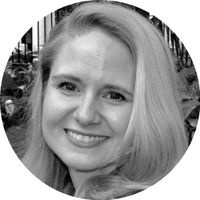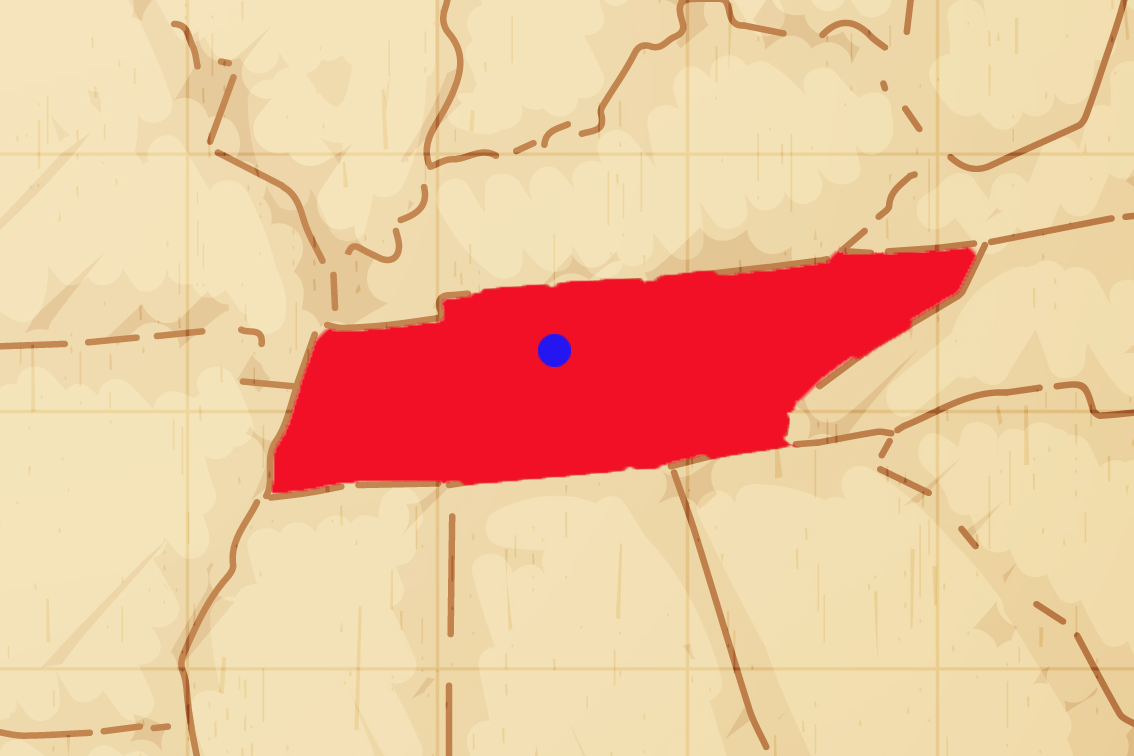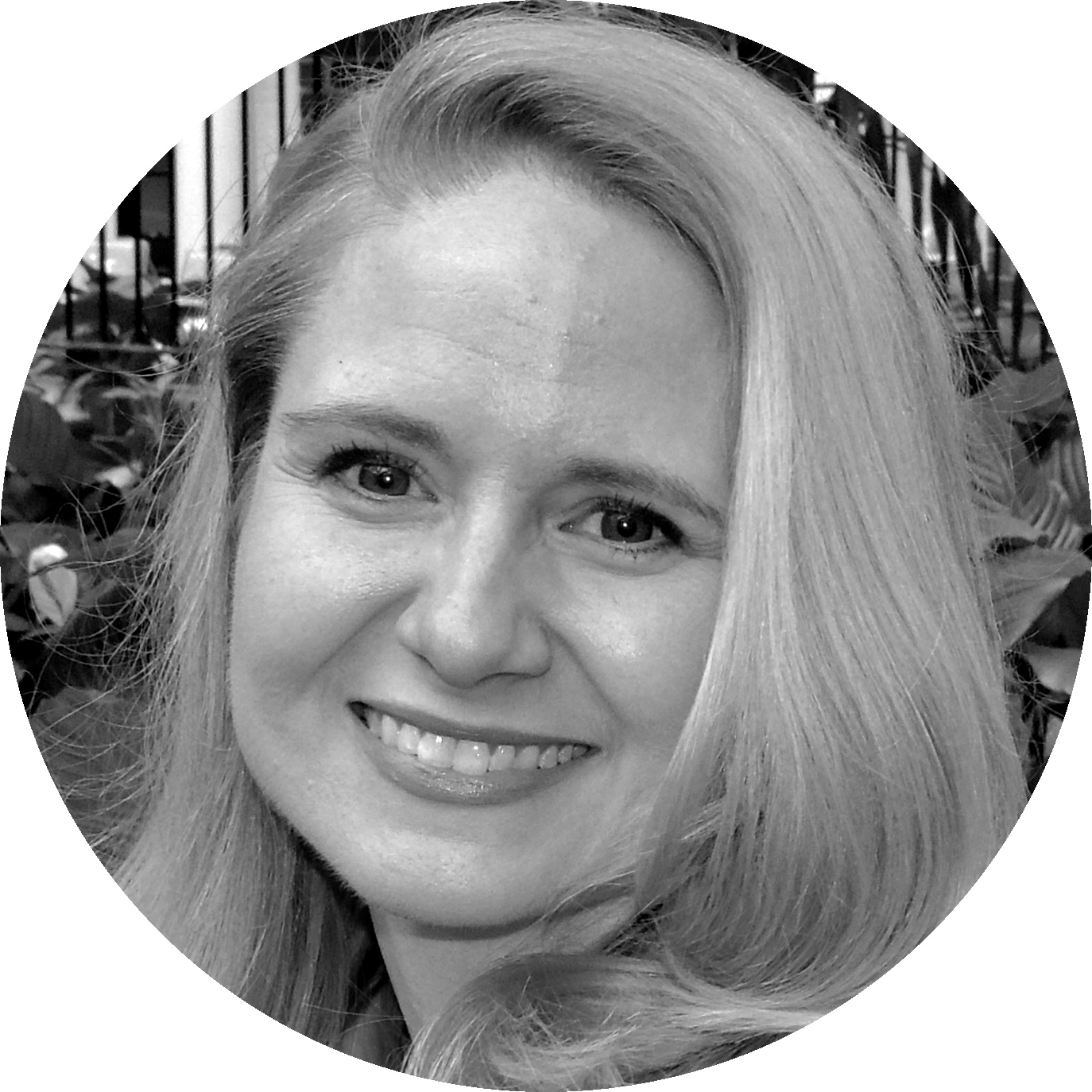I'm a liberal who lives in Tennessee. Here's how I deal.
On the trials of being a blue dot in a sea of red


A free daily email with the biggest news stories of the day – and the best features from TheWeek.com
You are now subscribed
Your newsletter sign-up was successful
I was 5 years old when my family moved to Tennessee. Our suburban neighborhood was just outside Nashville, and I spent my childhood blissfully unaware of the fact that I was living in a liberal oasis situated in an otherwise ultra-conservative desert.
The same was true when I went to college. My university was in Murfreesboro, just 30 miles south of Nashville. Many colleges tend to attract and nurture liberal perspectives. Indeed, young, educated people are some of the most liberal people in the country, and at college, I immediately felt an ideological bond with my fellow students. They believed women had just as much of a right to earn a six-figure salary as men. They believed in gay rights. They wanted to legalize marijuana.
I was still living in a liberal bubble. But I didn't have to go far before it popped.
The Week
Escape your echo chamber. Get the facts behind the news, plus analysis from multiple perspectives.

Sign up for The Week's Free Newsletters
From our morning news briefing to a weekly Good News Newsletter, get the best of The Week delivered directly to your inbox.
From our morning news briefing to a weekly Good News Newsletter, get the best of The Week delivered directly to your inbox.
After college, I got married and moved to a very rural area. Suddenly, I found myself surrounded by Republicans and conservative Christians who actively challenged my views. For the first time, I realized just how different my own views were from the majority of my fellow Tennesseans. I always try to avoid conflict, but it was difficult to resist arguing with someone who used their religion to justify judging — and condemning — large swathes of the population.
"Anyone who gets a divorce is going to hell," a relative of my then-husband said. "The Bible says so."
"Even if it's an abusive marriage?" I asked. "The woman should stay?"
"The Bible says the only reason for divorce is adultery."
A free daily email with the biggest news stories of the day – and the best features from TheWeek.com
Any time I suggested that judging is not a very Christian thing to do, I was sternly rebuffed. These people were, after all, "judging the sin, not the sinner." I felt frustrated and alone, longing for my bubble of like-minded individuals. So, I began to build one.
Over time, I distanced myself from conservatives who tried to force political conversations on me. I divorced and remarried, which gave me the opportunity to form new friendships. I deliberately chose people whose views were more in line with my own. For a time, this settled my nerves and brought me a sense of hope and progress.
That is, until election season rolled around.
During every presidential election, I stare at the digital map on TV, watching Tennessee immediately turn bright red, and I'm reminded of my own insignificance. Nashville voted Democrat in this election. In Davidson County, where I spend most of my time, Hillary Clinton got 60 percent of the vote, as opposed to Donald Trump's 34 percent. However, the state as a whole voted inversely: Trump got 61 percent of the votes in Tennessee, and Clinton got 35 percent. No matter how long I live here, no matter how big my liberal bubble gets, my Democratic vote will never really count. I am just a tiny blue dot in an endless sea of red.
I love Tennessee. I love it even though living here means coming to grips with knowing I can't change the people around me. Sometimes this hurts. Sometimes it's frustrating. Sometimes it makes me feel unwelcome in my own state. From time to time, I wonder if maybe I'd fit better in a liberal state like California or New York. But instead of running away and walling myself off as I once did, I'm now trying to do the opposite.
I submerge myself in Tennessee's small towns. I meet my conservative neighbors and try to understand where they're coming from. What do I find? People who have worked hard all of their lives, often for the same employer. People who pride themselves on having raised their children in a Christian home, teaching them solid values. I find women who smile at you when you pass them in the store, and men who say things like "Thank you" and "Yes, ma'am." I see truck drivers with "Trump for President" bumper stickers stopping to help stranded motorists at the side of the road. It would be ludicrous to paint them all as "bad" people with "regressive" ideas. They're not.
If being a blue dot in a red state has taught me anything, it's the power and importance of opening one's eyes to a new perspective, even if it's one with which you disagree. This state, like the country, is in many ways deeply divided. And while I cannot change the people outside my bubble, I can at least reach through its encasing and try to understand them.
Stephanie Faris is a professional freelance writer and novelist. Her work has appeared on NYPost.com, Cosmopolitan.com, XOJane, and Ecommerce Insiders, among many others. She is the Simon & Schuster author of 30 Days of No Gossip, 25 Roses, and the upcoming Piper Morgan series.
